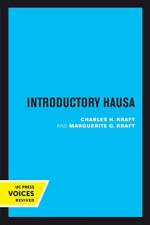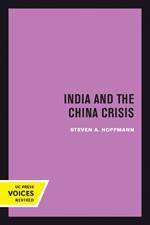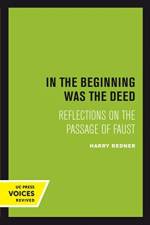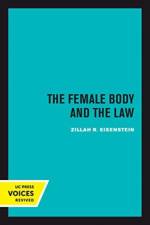991
The Human Genome Project is an expensive, ambitious, and controversial attempt to locate and map every one of the approximately 100,000 genes in the human body. If it works, and we are able, for instance, to identify markers for genetic diseases long before they develop, who will have the right to obtain such information? What will be the consequences for health care, health insurance, employability, and research priorities? And, more broadly, how will attitudes toward human differences be affected, morally and socially, by the setting of a genetic "standard"? The compatibility of individual rights and genetic fairness is challenged by the technological possibilities of the future, making it difficult to create an agenda for a "just genetics." Beginning with an account of the utopian dreams and authoritarian tendencies of historical eugenics movements, this book's nine essays probe the potential social uses and abuses of detailed genetic information. Lucid and wide-ranging, these contributions will interest bioethicists, legal scholars, and policy makers. Essays: "The Genome Project and the Meaning of Difference," Timothy F. Murphy "Eugenics and the Human Genome Project: Is the Past Prologue?," Daniel J. Kevles "Handle with Care: Race, Class, and Genetics," Arthur L. Caplan "Public Choices and Private Choices: Legal Regulation of Genetic Testing," Lori B. Andrews "Rules for Gene Banks: Protecting Privacy in the Genetics Age," George J. Annas "Use of Genetic Information by Private Insurers," Robert J. Pokorski "The Genome Project, Individual Differences, and Just Health Care," Norman Daniels "Just Genetics: A Problem Agenda," Leonard M. Fleck "Justice and the Limitations of Genetic Knowledge," Marc A. Lappé This title is part of UC Press's Voices Revived program, which commemorates University of California Press's mission to seek out and cultivate the brightest minds and give them voice, reach, and impact. Drawing on a backlist dating to 1893, Voices Revived makes high-quality, peer-reviewed scholarship accessible once again using print-on-demand technology. This title was originally published in 1994.






























